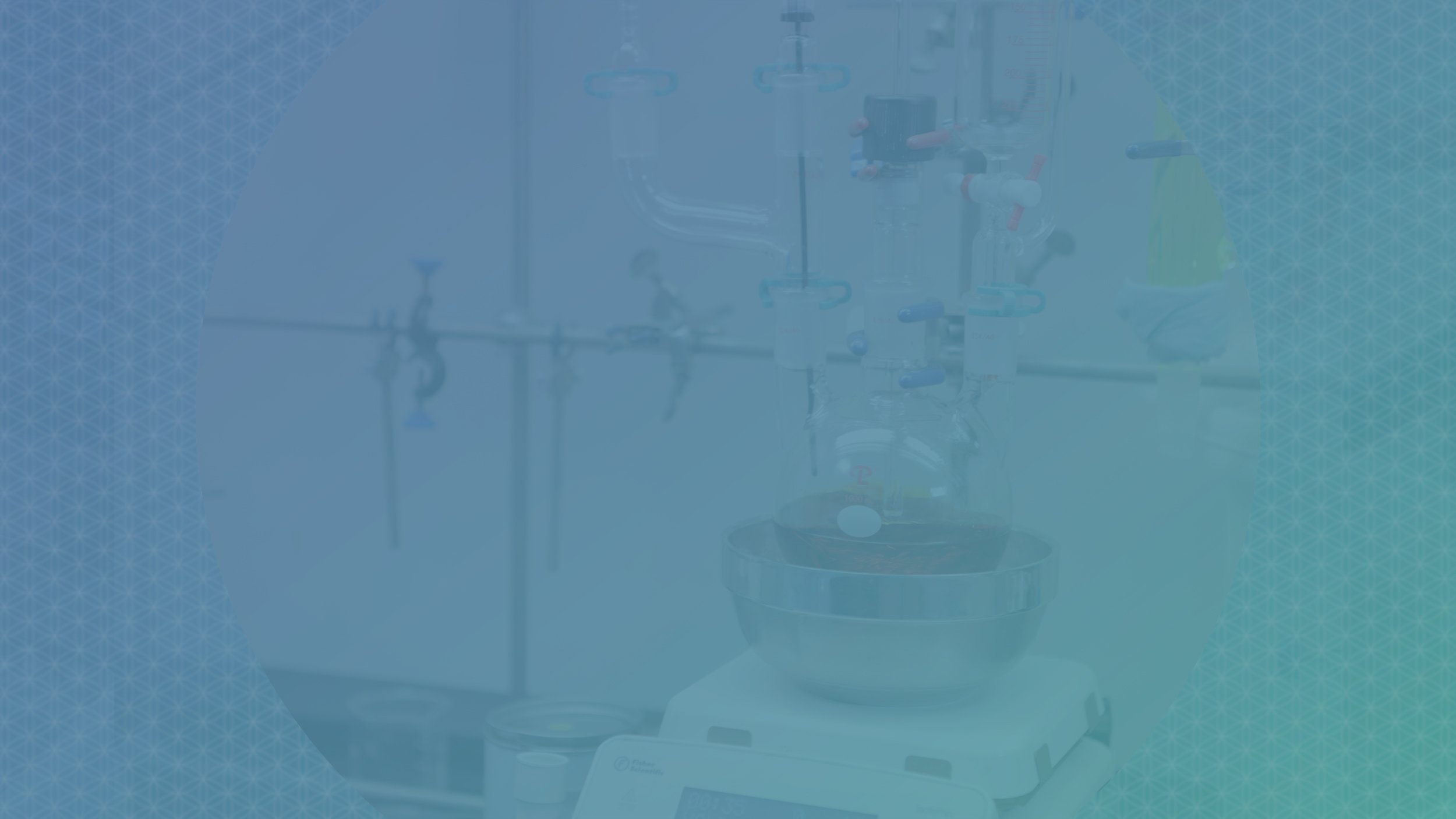
Drug Development
Our commitment to quality and adherence to rigorous standards have led to breakthrough success, positioning Usona Institute at the forefront of psychedelic research and clinical development.
Psilocybin Program
In 2024, Usona advanced uAspire, the PSIL301 Phase 3 study of psilocybin for Major Depressive Disorder (MDD). This critical step focused on improving patient diversity, enhancing data reliability, and preparing for future commercialization to ensure broad accessibility of this innovative mental health treatment.
Key Developments in PSIL301 Phase 3 Study
Expansion of Clinical Sites:
The uAspire PSIL301 Phase 3 trial added new sites across North America, including Veterans Affairs (VA) sites, to enhance patient diversity and strengthen data reliability to support regulatory approval and ensure broad applicability of findings.Regulatory Engagement:
Ongoing collaboration with the FDA under our Breakthrough Therapy Designation, in preparing for NDA submission upon completion of Phase 3.Chemistry, Manufacturing, and Controls (CMC) Progress:
The CMC team scaled up API production, maintained stringent quality controls, and secured new manufacturing partnerships to support high-quality psilocybin production in anticipation of market access.Facilitator Training and Peer Support/Education:
Facilitator training expanded across all Phase 3 sites to ensure consistent in patient care. Early market access efforts included partnerships with diverse stakeholders focusing on underserved populations, enhancing infrastructure and supply chain resilience for equitable access.Diversity Implementation Plan:
Guided by a Diversity Steering Committee, the plan incorporated insights from community outreach and diversity experts to recruit underrepresented populations and foster inclusion in the PSIL301 Phase 3 study.
From PSIL201 to PSIL301: Key Findings Informing Next Steps
The PSIL201 Phase 2 study provided insights informing the PSIL301 Phase 3 research for treatment-resistant and non-resistant Major Depressive Disorder (MDD). Long-term follow-ups are evaluating the durability of psilocybin's effects beyond six months.
Read PSIL201 Data Summary in JAMA
Single-Dose Psilocybin Treatment for Major Depressive Disorder
“We are pleased about the results from PSIL201 which provide further support for psilocybin’s potential as a paradigm-changing treatment for people suffering from major depressive disorder.”
Mike Davis, MD – Usona Institute Chief Medical Officer
Clinical Development Progress to Date – Psilocybin
Early Planning for Future Patient Access
Early commercialization and market access planning remain critical to ensuring a timely and effective launch. In 2024, Usona expanded its early market access plans through new partnerships with stakeholders focused on engaging underserved populations to ensure equitable access to psilocybin treatment with special considerations for culturally appropriate context and setting. Resources have been allocated to strengthen infrastructure and supply chain resilience, ensuring readiness for future patient access, upon approval.
Key areas of focus include:
Stakeholder engagement with payors, providers, patient advocacy groups, and KOLs.
Infrastructure and supply chain development.
Training and education to support scaling of workforce and safe, accessible, high-quality patient care.
CMC Progress: Psilocybin
The Usona Chemistry, Manufacturing, and Controls (CMC) team plays a crucial role in our drug development efforts, concentrating on maintaining high-quality standards and reliability in psilocybin production.
2024 Key Accomplishments:
Expanded Active Pharmaceutical Ingredient (API) production capacity with two global supply partners.
Upheld rigorous quality standards.
Established new manufacturing partnerships to meet future commercial needs and ensure a reliable supply of high-quality psilocybin.

5-MeO-DMT Program
Preparations for the 5-MeO-DMT Phase 2 efficacy study are underway, with protocol refinements based on Phase 1 insights to inform safety and dosing strategies. Site selection and facilitator training are in progress for the 2025 Phase 2 trial launch to assess 5-MeO-DMT's potential for the treatment of PTSD.
Key Developments in 5-MeO-DMT Phase 2 Study
Protocol Refinement:
Refined Phase 2 protocols using Phase 1 data, optimizing safety and dosing to improve patient outcomes.Site Selection and Facilitator Training:
Initiated site selection and developing facilitator training program to ensure high standards and trial quality.Study Launch:
Planning for a 2025 trial launch to evaluate 5-MeO-DMT's efficacy with multiple sites in the U.S. and Canada.
Clinical Development Progress to Date













